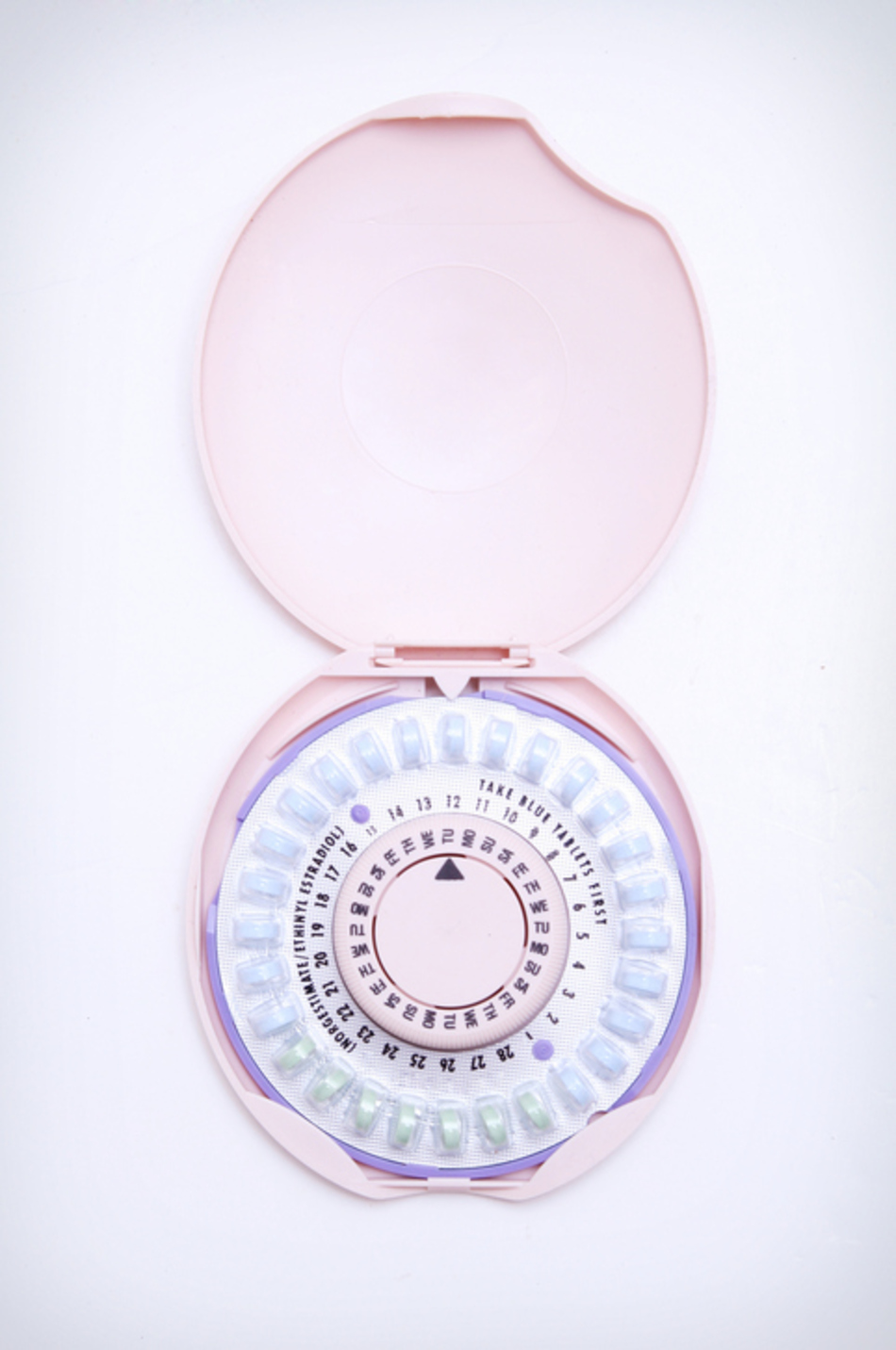
Episode Transcript
Dr. Jones: Need to get back on birth control, but don't have the time for a medical visit? There's an app for that. This is doctor Kirtly Jones from Obstetrics and Gynecology at University of Utah Health Care and this is The Scope.
Announcer: Covering all aspects of women's health. This is "The Seven Domains of Women's Health" with Dr. Kirtly Jones on The Scope.
Dr. Jones: As Internet shopping and services have grown to the limits of my credit card, I have been thinking about how long it takes to get somewhere for medical care and to find a place to park when I get there. I can use a half-day for a very short medical appointment. What should I wear? Do I have to dress up? Is there gas in the car? I better get there early and not forget my insurance card.
It's even harder for women who live far away from health care. However, UPS, FedEx and the United States Postal Service go everywhere. So why not access birth control online? If you can get Viagra online, you certainly should be able to get birth control online. So why not get your birth control online? Is it legal? Is it safe?
The change began rather quietly about 20 years ago when clinicians who do family planning did research on whether women actually needed a pelvic exam to get birth control pills. For many women, especially young women, the requirement of a pelvic exam for birth control was a barrier. Quietly, family planning clinics across the country stopped requiring a physical exam for birth control.
Women would be face-to-face with the clinician, have their blood pressure taken, and their medical history reviewed. And if they had no contraindications to birth control pills, patches or rings, they could get a prescription. Then they would go find a pharmacy, find a place to park, wait in line at the pharmacy, wait for the prescription to be filled, etc., etc.
That still required in appointment in a visit to clinics, which may not have been very accessible to some women. Women who live far from a clinic, young women without transportation, and women who are working or didn't have child care, although we've all done contraceptive visits with women who had four children in tow in the exam room and had to keep the four-year-old out of the medical equipment drawer and the two-year-old from putting the Q-tip up their nose.
Now, more clinics are using telemedicine and now there are online services where you can have an online face-to-face interview with a licensed clinician to get a prescription. Or you can fill out a questionnaire that is reviewed by a clinician, you might say, "But you can lie about your age or your medical history." Well, but of course, you can do that in-person as well. Some websites will take insurance. Some will deliver the prescription to your home. Recently, the New York Times published an online app for you to choose which online birth control app you might want. The Scope Radio website can direct you to that app or you can Google "New York Times interactive birth control options apps."
Of course, you cannot access the most effective methods of reversible contraception online, IUDs and implants. You have to go to a clinic to have those placed. And all birth control methods have some risks. You could have a latex allergy to the condoms that you ordered on Amazon. Yes, Amazon has over-the-counter contraception, including emergency contraception. But remember that emergency contraception's should be taken as soon as possible within 72 hours of the unprotected sex and best within 48 hours. Unless the delivery drone has your home in sight, it won't get to your house in the time that you should use it.
Hormonal contraception has some risks and women should be knowledgeable about those risks, but they're the same if you drove to the clinic and waited for an appointment or if you had the interview online. The most important issue is to give options to women who have limited access for some reason and to allow every child to be planned and wanted.
Announcer: If you like what you heard, be sure to get our latest content. Sign up for weekly content updates at thescoperadio.com. This is The Scope, powered by University of Utah Health Sciences.